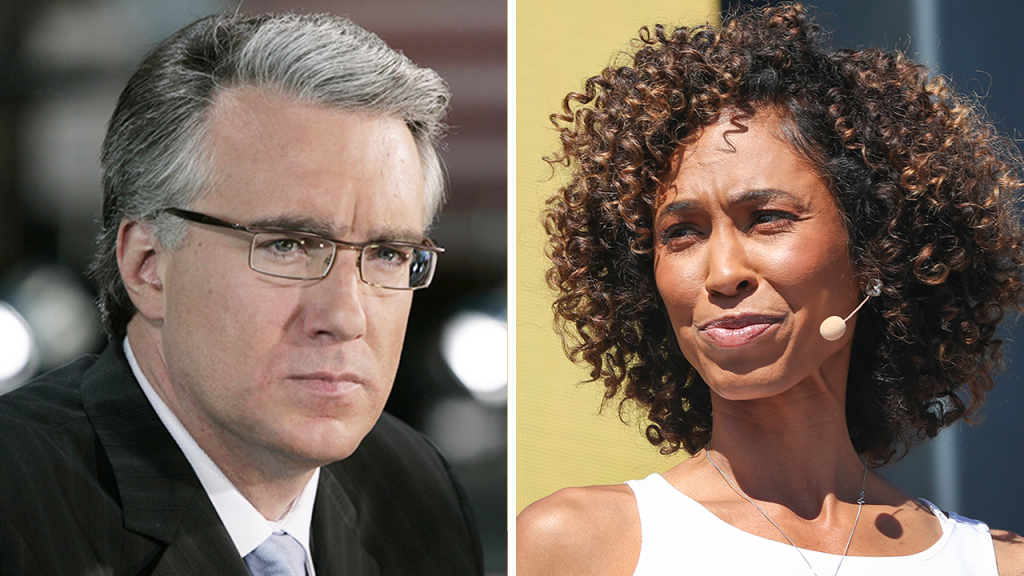Former ESPN broadcaster Keith Olbermann criticized Sage Steele on social media for revealing that her 2021 interview with President Biden was scripted by network executives. Olbermann called Steele the “dumbest person” he had ever worked with and suggested that she needed a script for the interview. He questioned why Steele would allow herself to be controlled in such a way.
Steele, in an interview with Fox News Digital, described the highly structured nature of the interview and how she was required to stick to a script provided by ESPN executives. She detailed how every question was meticulously planned and reviewed by multiple editors and executives at the network. Despite the lack of spontaneity, Steele’s interview with Biden touched on important topics such as sports leagues navigating the COVID pandemic and vaccine hesitancy among athletes and fans.
Steele’s interview received attention at the time for Biden’s support of the MLB’s decision to boycott the All-Star game in Atlanta over Georgia’s election reform law. Steele attributed everything she said to the president during the interview as coming directly from ESPN’s leadership. While unsure if the questions were shared with the White House in advance, Steele believed that to be the case based on the highly controlled nature of the interview.
Following her departure from ESPN, Steele has launched a podcast called “The Sage Steele Show” as her next career move. Despite the criticism from figures like Olbermann, Riley Gaines defended Steele’s integrity and courage to speak out about her experience. The controversy surrounding the scripted nature of the interview raises questions about journalistic integrity and the balance between network control and a reporter’s autonomy.
ESPN declined to comment on Steele’s claims about the scripted interview, leaving the details of the process unclear. Steele’s experience sheds light on the inner workings of network television and how executives can influence the content and messaging presented to viewers. The aftermath of this revelation may prompt further discussions about journalistic ethics and the responsibilities of both reporters and media organizations in providing accurate and unbiased information to the public.















